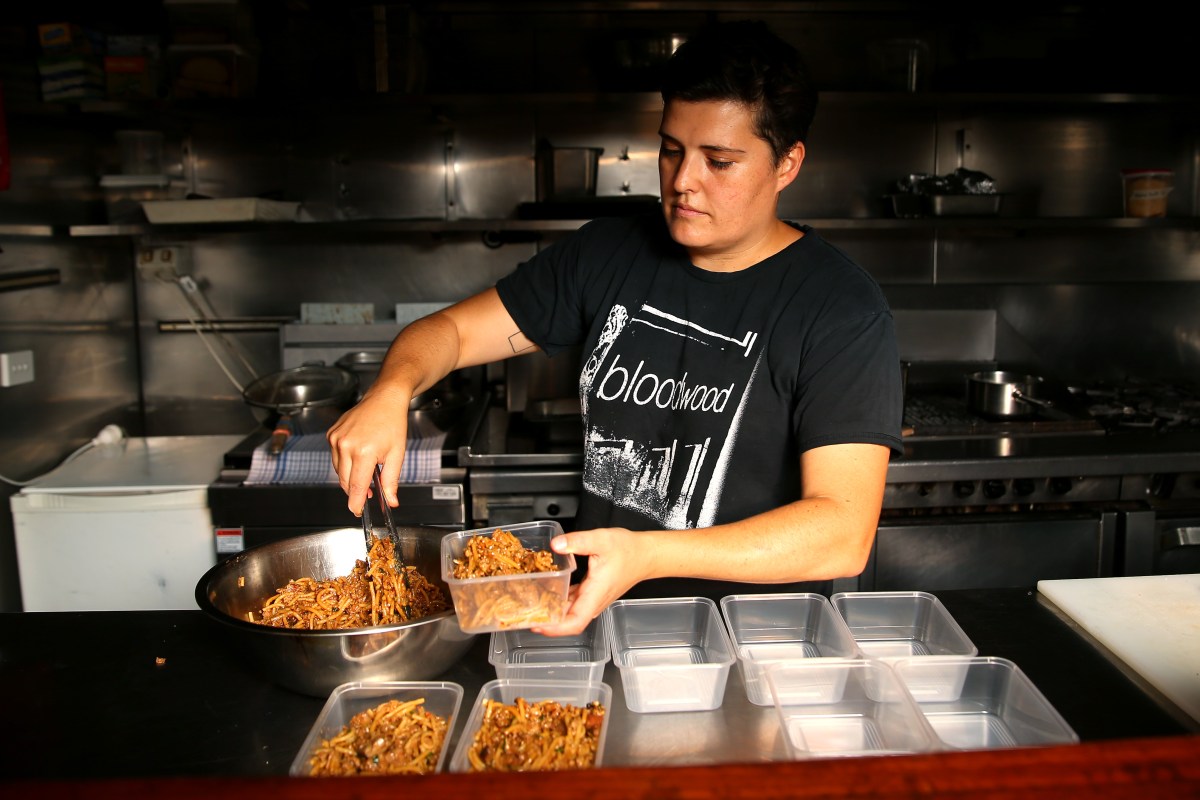When the new year began, nobody could have predicted what was to come, but resilience and innovation have shone through as the foodservice industry seeks to survive – and thrive – beyond the COVID-19 pandemic.
City-based restaurants have been hit particularly hard by pandemic control measures. Once bustling business hubs quickly became deserted. Nino Zoccali, owner of The Restaurant Pendolino and La Rosa in Sydney’s iconic The Strand Arcade, closed his restaurants at the end of March. Now, he has pivoted to offer home delivered artisan pasta and wine hampers, which are providing a way forward and, importantly, a way to stay connected with customers.
Also in Sydney, the Food Equity Group has changed the way it operates, opening an industry-focused convenience store at Chatswood Interchange and offering a delivery service to the city’s Lower North Shore.
The group, which owns venues General Chao, Stretch Italian and The Steam Engine, has invited other local restaurants to jump on board and join them as they offer ready meals, meal kits and essential convenience products.
It’s a move that helped the company save the jobs of 21 full-time staff and enables them to re-employee casual staff as demand increases.
Melbourne’s Sunda, under chef Khanh Nguyen, has received a strong following since it opened in 2018. With food inspired by South East Asian flavours but also featuring native Australian ingredients, the restaurant menu is designed to be shared.
During COVID-19, the restaurant has not only begun to offer takeaway, but is offering staff meal greatest hits and condiments – making it an opportunity for customers old and new to try dishes they can’t usually get their hands on.
In Western Australia, Young George’s Melissa Palinkas and Susan Whelan have turned their restaurant into a grocery, deli and takeaway service. The East Fremantle restaurant has pivoted to takeaway and their dining room has become a pop-up shop selling farmer-direct vegetables, bread, house-made charcuterie and more responding to both the restrictions and the needs of locals.
COVID-19 changes have also hit foodservice suppliers, with many also being forced to find new markets and new ways of working. Victorian pork producers, Western Plains Pork, usually supplies many of Melbourne and Sydney’s restaurants, but is now offering its restaurant-quality pork directly to consumers. Others, like Queensland-based Schultz Family Farms, are focusing on other aspects of their business as they wait to see how the rest of the year unfolds.
The impacts of the COVID-19 pandemic are being felt across the industry and around the world. While some businesses are finding ways forward, it continues to be tough for many hospitality staff. That’s where initiatives like Hospo4Hospo come in.
Started by Australian Pork Limited’s foodservice programs, PorkStar and Inspired by Australian Pork, chefs and restaurants are serving up free meals to people who identify as hospitality workers. Australian Pork’s Mitch Edwards said pork producers wanted to give back to the industry that supports them.
Sydney chef Colin Fassnidge has looked further afield, teaming up with food suppliers to feed people in need. Initially it was a way to use up food leftover in the restaurant as the pandemic control measures were implemented, but it quickly grew, supported by foodservice suppliers and distributing thousands of meals to people in need.
The crisis has also brought out the good in people. On the NSW Central Coast at Parklife popup coffee, chef Paul McDonald, asked his customers to chip in and buy survival packs for frontline staff, as a way of saying thanks for all they do. People loved the idea and quickly jumped in with more than $2000 worth of heat and eat meals and survival boxes gifted to hospital ED staff in a week.
Paul said it had started by someone gifting a coffee to the customer behind them and grown from there in a way that was a win-win for everyone. He said it’s also a model that could be implemented by others.
Foodie Coaches’ Tim Kummerfield said while this was a difficult time for many, it was also a chance for individuals and business owners to reflect on what they’re doing, what their customers need and spend time working on their businesses, not just in them.

